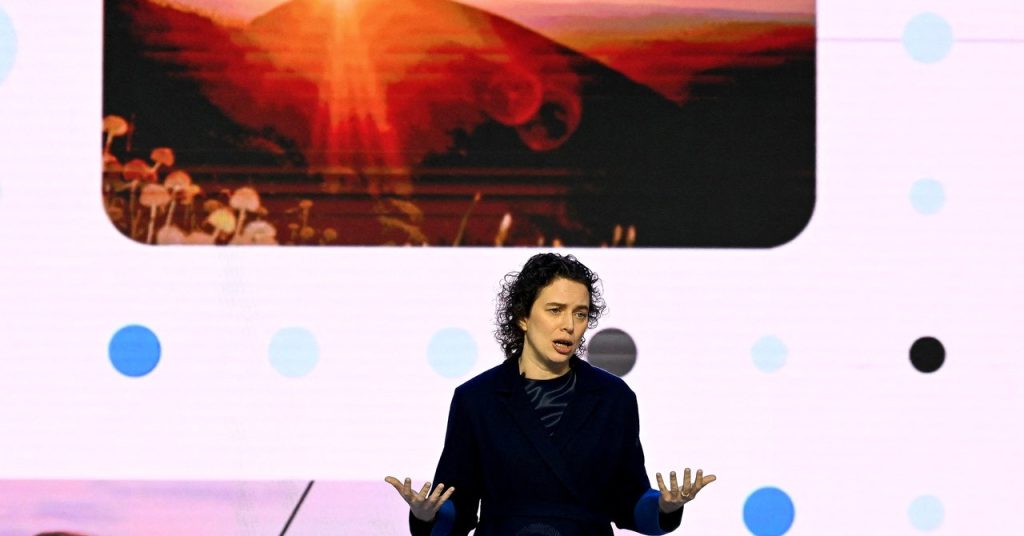Google Search Undergoes Fundamental Changes with AI Integration
Google Search is on the brink of a significant transformation that could either enhance or complicate the user experience. During a keynote event at Alphabet-owned Google’s headquarters in Mountain View, California, Liz Reid, the newly appointed head of Google Search, unveiled these changes as part of her early initiatives. Reid, a 20-year veteran at Google who has worked on various search products, emphasized the company’s commitment to integrating AI across nearly all of its offerings, with plans to accelerate this shift in the future.
“In the era of Gemini we think we can make a dramatic amount of improvements to search. People’s time is valuable, right? They deal with hard things. If you have an opportunity with technology to help people get answers to their questions, to take more of the work out of it, why wouldn’t we want to go after that?”
Reimagining the Search Experience
Google’s new search features introduce the ability to use video and voice for complex queries, signaling a major departure from the traditional search paradigm. It’s as if Google has taken the index cards for the screenplay it has been writing for the past quarter-century and thrown them into the air, letting AI determine where the cards might land.
These transformative changes to Google Search have been in development for some time. Last year, the company dedicated a section of its Search Labs, which allows users to experiment with new features, to an initiative called “Gemini.” Meanwhile, smaller startups like Perplexity.ai have also been capitalizing on the generative AI wave, garnering attention for their innovative approaches to reimagining search.
Customized AI Model for Search
Google has developed a customized version of its Gemini model specifically for these new Search features, although the company has not disclosed details about the model’s size, speed, or the safeguards in place around the technology.
This search-specific variant of Gemini will power several elements of the revamped Google Search. One of the most significant changes is the introduction of AI Overviews, which Google has already been testing in its labs. These AI-generated summaries will now appear at the top of search results, providing users with concise and authoritative answers to their queries.
Example: Finding the Best Places to See the Northern Lights
For instance, when a user searches for “Where is the best place for me to see the northern lights?” Google will no longer simply list web pages. Instead, it will provide an AI-generated summary stating that the best locations to witness the aurora borealis are within the Arctic Circle, in areas with minimal light pollution. The summary will also include a link to NordicVisitor.com for further information. Additionally, the AI will mention that other prime spots for viewing the northern lights include Russia and Canada’s northwest territories.

Google’s new search features make it possible to use video and voice to make complex queries. (Courtesy of Google)

1 Comment
Finally, Google decides to shake things up – was it about time or a mistake waiting to happen?